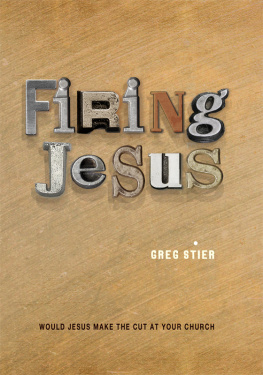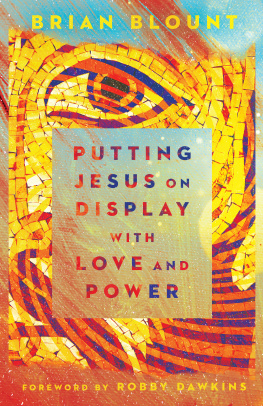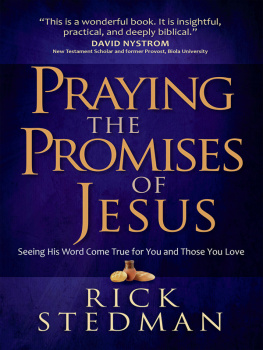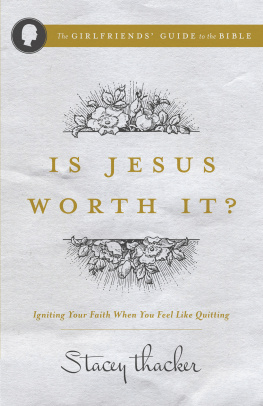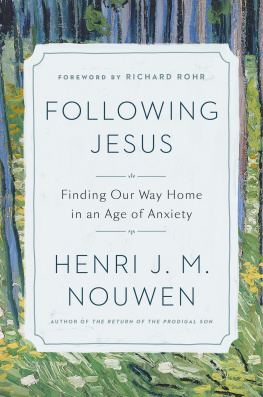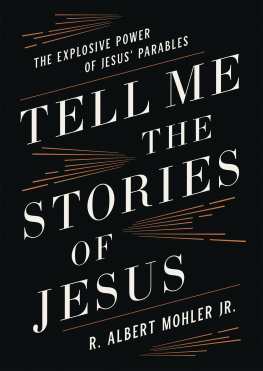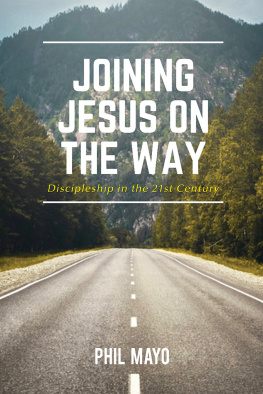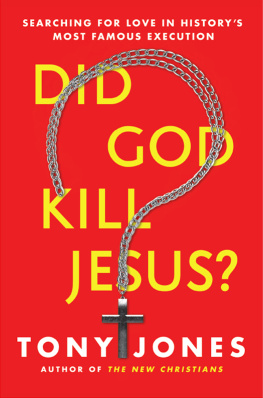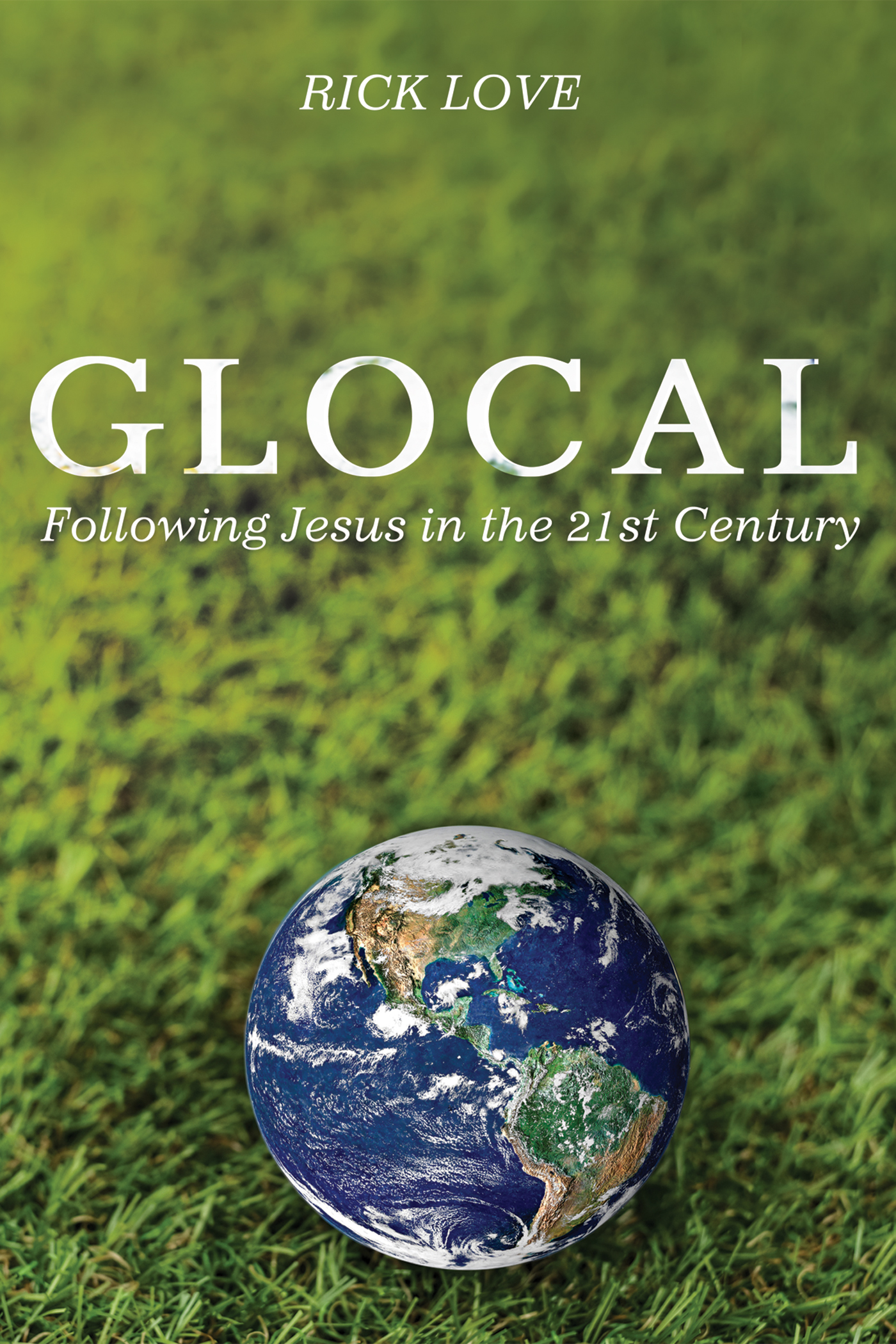In many respects, the Great Commission in the twenty-first century remains more a set of problems to be resolved than a task to be achieved. Rick Love both explains why the challenges exist and how to begin reconceiving Christian witness afresh. Some evangelicals will think he has gone too far in reconstructing mission, others will think he has not gone far enough in deconstructing it. It is precisely a books capacity to elicit both kinds of responses that mark Glocal as a must-read for anyone with any stake in these issues in the present time.
Amos Yong Professor of Theology & Mission, Fuller Theological Seminary, Pasadena, CA
All of those who follow Jesus have to follow him in the real world. Today, questions and concerns abound. In this world of growing complexity, we need direction. We need guidance that will provide the wisdom and strength to love. This book does that. And it will make you wiser and bolder in love. Rick Love has the experience and expertise to pen this book.
Tyler JohnsonLead Pastor, Redemption Church AZ
This is a book about integrity, meaning one who is the same in public as in private. Rick Love helpfully and so necessarily removes the masks that Christians wear in the Church, to Islam, and to the secular world, arguing that we must present the same face to all three, rather than one of subterfuge. It is a unique message that is so timely for this diverse and pluralistic world which has become increasingly Glocalized, and very few people prepare us for a time such as this like Love.
Allen YehAssociate Professor of Intercultural Studies and Missiology, Biola University
This book reflects Rick Loves wisdom from decades of international ministry experience. His heart for Jesus shines through in this very thoughtful examination of missions and missionary thinking. Rick uses his profound grasp of Scripture to illustrate a strategic way forward through the complexity of the interconnected world we live in. This is a must-read for young pastors, missions leaders, and anyone concerned about making disciples in the twenty-first century.
Jay PathakPastor, Mile High Vineyard; Co-author of The Art of Neighboring
Globalization continues to bring disruption to Great Commission sending structures, especially in North America. Rick Love understands this new reality and speaks with a prophetic voice calling us to embrace authenticity and respect in the world of global engagement.
Steve MooreExecutive Director, nexleader, ABHE; former President of Missio Nexus
Have you ever experienced the satisfaction of hammering in a long nail while dangling from an awkward position and somehow hitting the nail smack in the middle with each blow? Thats an apt analogy of how I felt as I turned each page of Ricks newest book: deep satisfaction from a theoretical, theological, and practical level. Followers of Jesus need a new paradigm for understanding themselves, the world, and our Muslim neighbors. This is it, or at least a piece of it.
Scott BreslinInternational Director of Operation Mercy
Glocal is an essential read. Ricks telling of his pilgrimage from an evangelical mission leader to global peace catalyst bears lessons for all leaders desiring to be relevant today. Rick hones in on the need for both integrity and cohesion in our message, identity, and mandate. His passion to see the authentic Gospel embraced by all permeates the pages, especially by reminding us that people should be seen as neighbors not projects.... I believe this book will help liberate you to live wholly into your convictions with a clear and consistent identity, regardless of the audience, in our extremely interconnected world.
John BeckerDirector of Ministries, AIM International; Founder, SOIL - Society of Intentional Lives
Glocal
Following Jesus in the st Century
Rick Love
Part I
Introduction
Mother Jones, the Princess, and the Prince
Today we live in a media-saturated, Internet-connected,cell phone-equipped world in which everything that happens anywhere is instantly available everywhere.
Richard Stearns
I n January of 2002 , just a few months after /, I taught a course at Columbia International University (CIU) called Church Planting in the Muslim World. I was international director of Frontiersa large mission focused on inviting all Muslims to follow Jesus. A freelance journalist named Barry Yeoman wanted to sit in on our class so he could write something about followers of Jesus in the Muslim world. He had fairly represented evangelicals in previous articles, so the administration of CIU and I decided to let him attend my class.
Barry was an eager student. He brought a Bible and looked up every verse I mentionedand we spent much time in Scripture. I am sure he did more Bible study in that week than he had done in his whole life! (Barry was Jewish.) He also readily engaged the students at breaks and during meals.
In May 2002 , I was shocked when his article came out in a magazine called Mother Jones . Mother Jones is an American independent news organization reporting on politics, the environment, human rights, and culture. It is reportedly one of the most widely read liberal publications in the United States.
The article made the front cover of the magazine. A picture of a fully veiled Muslim woman with a necklace and a cross hanging around her neck provided the background for the provocative title: The Stealth Crusade. Wow! I was not happy about that.
I quickly turned to the article and found that Barry did a good job of describing the dynamics of the class and some of the content of the course. But the article claimed our explicit mission was to wipe out Islaman outrageous and totally fallacious comment! Those fanatical words were never uttered in the class, nor did we portray that extreme, combative attitude.
Sharing the gospel and wiping out Islam are two radically different things. In fact, the class focused on being a positive witness for Jesus, not on attacking Islam. When I emailed Barry after the article was published, he admitted that I did not say some of the things mentioned in the article. He attributed them to certain students outside of class, so he felt justified in including them in the article.
I dont doubt that some zealous students might have said something like this, especially since this was right after /. What I dont like is that it was attributed to me by association, and that it skewed the meaning of the entire article. Anyone reading the article could easily view the class through the lens of violent fanaticismwhich is blatantly wrong. Nevertheless, I can understand why Barry might have interpreted my students words this way. The use of militant language is unfortunately a problem among evangelicals, which I address in the chapter Paradigm Shifts and Heart Renewal.
Yeoman overstated and exaggerated what was said in class. He was, after all, a journalist trying to make a splash. But he did his homework, and I must confess that many aspects of his article exposed a lack of biblical breadth and depth in evangelical paradigms and practices. His public expos contained enough truth to be embarrassing. While I forthrightly disagree with his embellishment, the good parts of his article forced me to reevaluate some of my beliefs and practices in light of Scripture. Thats why I had to write this book.
The story in Mother Jones and the ensuing response also powerfully displayed how different the world had become since /. In the past, only a liberal audience in the US would have read this article. But because of globalization, this article ricocheted throughout the world. It was published by Utusan Melayu (Malaysia), Nawa-i-Waqt (Pakistan), UmmaNews (international wire), The Independent (United Kingdom), Payvand (Iran), Ottawa Citizen (Canada), and Weekend Australian (Australia), to name a few.


